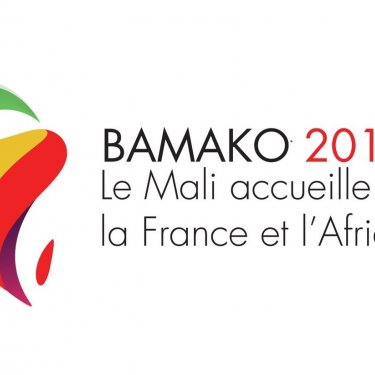Africa-France Summit: Media freedom must not be sacrificed to fight against terrorism

As an Africa-France summit on security and development is opening today in Bamako, Reporters Without Borders (RSF) calls on Africa’s leaders not to trample on freedom of information in the course of combatting terrorism.
RSF has seen in recent years that a growing number of African government have used the fight against terrorism and violence as grounds for violating civil liberties, including freedom of informa
States of emergency with disproportionate measures, terrorism laws applied to journalists, arrests and conviction on charges of sedition or endangering security – many methods are being used to silence media outlets and journalists regarded as overly critical.
“We call on the leaders attending this summit to guarantee respect for human rights while taking measures to combat terrorism and guarantee security,” said Cléa Kahn-Sriber, the head of RSF’s Africa desk.
“In times of crisis, the role of journalists in covering sensitive stores is more important than ever. Free and critical media are a good barometer of democratic progress in any country. They provide information to the local population, who are the ones most directly affected by the security situation.”
Just this week, RSF learned that Ghys Fortuné Bemba Dombé, the editor of the newspaper Talassa, has been arrested in Congo-Brazzaville (ranked 115th out of 180 countries in RSF’s World Press Freedom Index) on a charge of “complicity in a violation of internal state security.”
He was arrested two days after publishing a vitriolic article about the involvement of senior security officials in the disappearance and torture of civilians since the disputed referendum in October 2015 and presidential election in March 2016. He is being held by the intelligence services.
In Ethiopia (ranked 142nd in the Index), the state of emergency declared in October 2016 has led to a ban on watching certain TV channels regarded as subversive and to widespread arrests, including the arrests of journalists considered critical of the government.
As a result of harassment by the security forces, one of Addis Ababa’s oldest newspapers, the Addis Standard, has had to suspend operations and lay off all its staff because no company will handle its printing. The 2009 terrorism law is meanwhile being systematically used to prosecute journalists.
In Cameroon (126th), RFI correspondent Ahmed Abba was arrested in July 2015 for “failing to report acts of terrorism to the authorities” and was held incommunicado for more than a month before being taken before a judge. During that time, he was subjected to mistreatment amounting to torture.
Abba is now in prison awaiting a verdict in a drawn-out trial that fails to satisfy any of the requirements of due process.
In Democratic Republic of Congo (152nd), Tanzania (71st) and Uganda (102nd), journalists are openly prevented from covering demonstrations ahead of elections. Many have been arrested or threatened while several media outlets regarded as sympathetic to the opposition have been closed.
All of these countries have nonetheless ratified international legal instruments guaranteeing respect for human rights, including the International Covenant on Civil and Political Rights and the African Charter on Human and Peoples' Rights.
Such actions are contrary to the global anti-terrorism strategy adopted by the United Nations in 2006, to other UN resolutions on this issue, and to the principles and directives on human and peoples' rights in the fight against terrorism in Africa that the African Commission on Human and Peoples’ Rights adopted in 2015.



